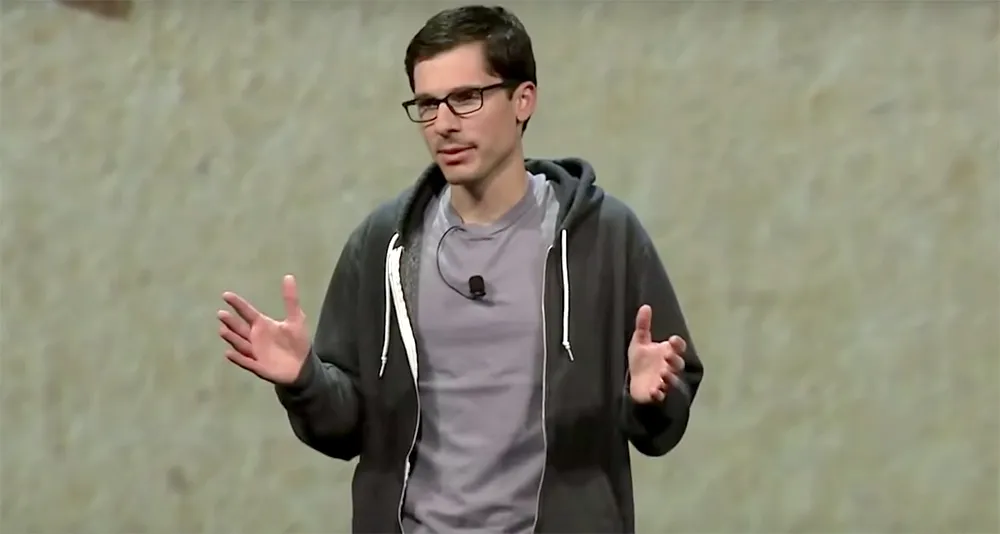Before it was cancelled, around 50 people were working on a project at Google that would’ve created a new VR operating system and a high-end headset to compete with the Rift and Vive, according to a report by Mark Bergen at Recode.
Google recently announced Daydream instead, which integrates VR directly into the Android operating system. This mobile-first approach is likely seen as the larger, more viable opportunity for the company.
According to the report, Google had a project in its X research lab that would’ve created a new OS for virtual reality. Clay Bavor was recently put in charge of the VR efforts at Google and, with the medium growing increasingly important, he’s spearheading an alignment of the company’s efforts to be ready for VR. YouTube and Android, for example, are getting a number of VR-specific features.
Overall, the move makes a lot of sense. Android is everywhere, mobile phones are everywhere and evolving those two systems to handle VR really well is probably the right way forward for Google. Of course, what’s not known is just how many different VR-related efforts the company might still have right now. For example, key technologies like mobile position tracking are likely still a very high priority.
The first Daydream phones are due out later this year.


























